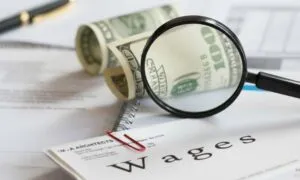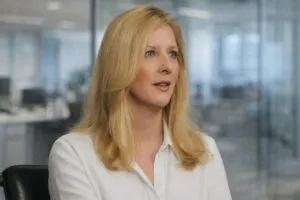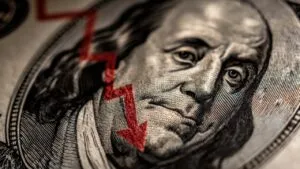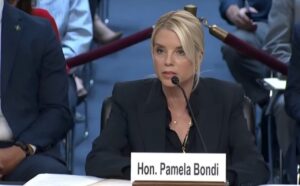A talented athlete on his high school wrestling team, Justice Horn had a major decision to make as he approached his senior year, deciding where he would attend college to continue his academic and athletic careers. After visiting the campus, Horn made the decision to attend Northern State University in Aberdeen, SD.
As the wrestling season began, and team training began to ramp up, Justice decided there was an important hurdle he needed to overcome: coming out as gay to his teammates and his coach.
After facing discrimination on the basis of his race and sexual orientation in middle school, Justice and his family moved, and in his new, supportive high school, Justice came out his freshman year. However, he said, “With a new team came the task to always share. I was an NCAA athlete in the highly competitive and intense sport of wrestling. I knew that I had two choices: stay in the closet and live my wrestling career in the closet, or live a full authentic life as an out college wrestler.”
Before he made the decision, Justice sought guidance from a counselor, who told him that his head coach, ‘Coach Rocky,’ would be supportive and welcoming of his decision to come out. Ten minutes later, Justice sat down with Coach Rocky to speak his truth, and Rocky’s reaction was one of total acceptance.
“He told me that he accepted me and that it can stay between him and me, or I could tell the team,” Justice says. “I knew we had practice later that day, so I made the decision to tell my team.”
After practice, the team circled up for their usual cool down and stretching when Rocky announced that Justice had something to say. Taking a deep breath and looking his teammates in the eye, Justice came out as openly gay. Immediately, his fellow wrestlers congratulated him on being open and affirmed his place as a member of the team.
“I was met with only positive feedback, and I truly believe that that moment made us all stronger as a team,” Justice says.
For all the personal progress Justice has made, he is well aware that he attends college in a state with no statewide nondiscrimination protections for LGBTQ people in housing, employment, or public accommodations.
“Not everyone has equal opportunity in this state. What we need is our legislators to fight for that, and it’s important we get as many people involved in the process as possible. We have to use our voices — whether we lobby or make phone calls or write letters, we have to let our lawmakers know that all people deserve the same protection under the law.”
Justice is hopeful that his generation may be the catalyst for change in the future. “My generation and those younger than me are brought up to be much more open-minded and accepting of LGBTQ people. It’s still a big step for people to come out and be who they are, but it’s more about our character and who we are as people.”
Justice also believes that athletes have a unique role to play in speaking out against discrimination, as they have inroads to people who may otherwise be unaware of the discrimination LGBTQ people face every day.
“It’s especially important for athletes to [be out and visible]. We live in this big country where we love our sports. The public will spend money to go see an event, which makes millions of dollars for companies. In a lot of ways, athletes are seen as almost god-like in our society. We need to show we’re part of the LGBTQ community and that it doesn’t take away from their abilities as an athlete. It will definitely help change hearts and minds, and I think we can reach people in a way others might not be able to.”
Ultimately, Justice hopes his story will serve as an inspiration to other athletes, particularly young people, to be able to live openly while participating in a sport or activity that they love.
“I want to be someone to look up to and give hope to people that they can play the sport they want and be the person they are. When one person speaks up, it gives courage for others to speak up – it’s a domino effect. We should fight for each other and our rights,” he says. “We all want to have the same opportunities as everyone else. If more people are educated about how much LGBTQ people are not protected, they will definitely care more.”
Related Posts:
- Ivy League Schools - Opportunities and Admission…
- Capital Cities in Europe: Top Destinations For You…
- Safest Countries in the World in 2025 - GPI…
- 26 Most Dangerous Cities in US - Updated Statistics for 2025
- America's Murder Capitals: A 2025 Ranking of the…
- From Stonewall to Today - The Journey of LGBTQ+…









